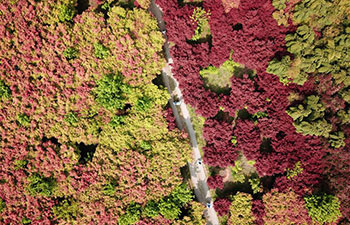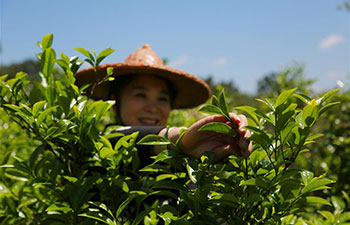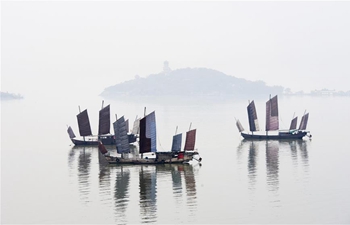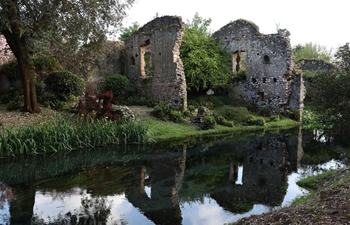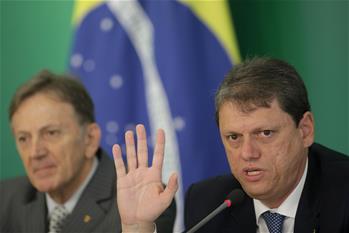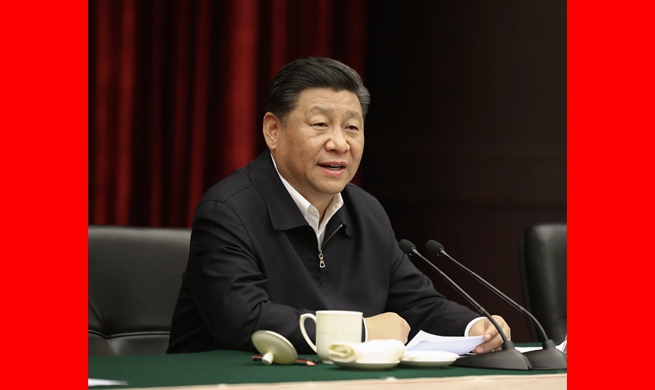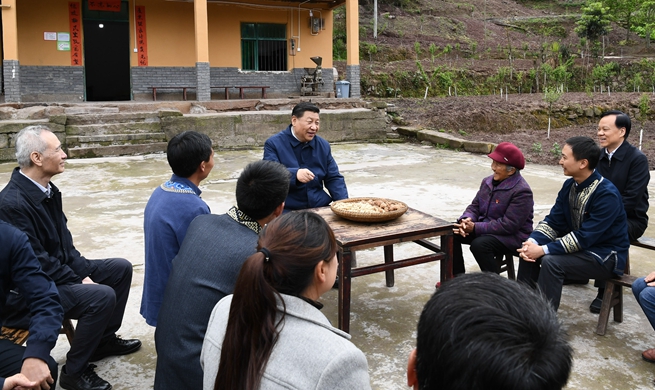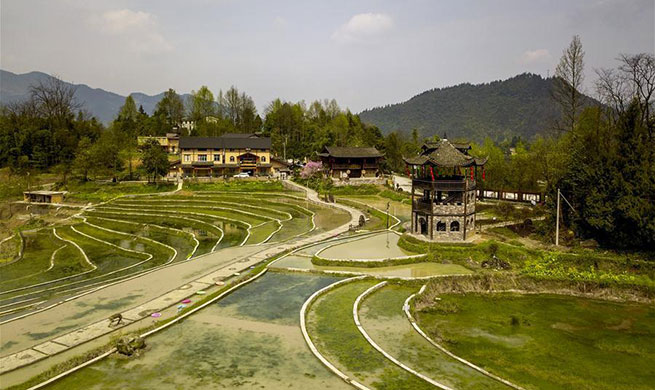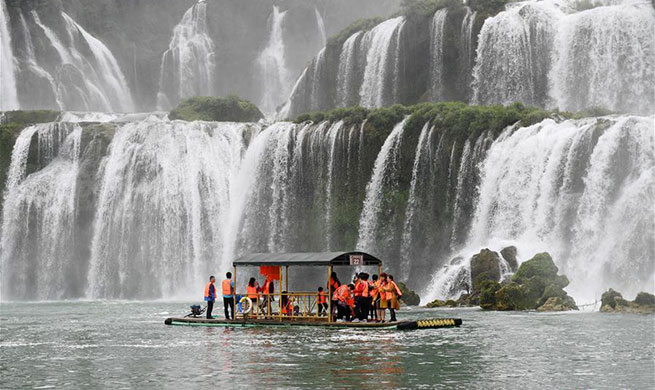NAIROBI, April 17 (Xinhua) -- Kenya Wildlife Service (KWS) on Wednesday launched new policy guidelines and code of conduct to boost good governance and transparency in its operations.
Senior KWS officials said the new policy guidelines developed in conjunction with the United Nations Office of Drugs and Crime (UNODC) will help mitigate graft and other malpractices that could undermine protection of iconic wildlife species.
"We are committed to the adherence of ethical conduct in the management of Kenya's wildlife heritage. The new policy guidelines and code of conduct will ensure that our key operations are shielded from graft," John Waithaka, chairman of KWS board of trustees said in a statement issued in Nairobi.
He said that KWS has fast-tracked modernization and realignment of its operations to strengthen protection of iconic species amid threats linked to human activities and climate change.
The new KWS code of conduct and policy guidelines were developed in line with the country's 2010 constitution that roots for good governance as the building block of sound natural resources management.
Waithaka said that senior KWS leadership and management staff will be required to demonstrate passion, devotion and ability to innovate while in their line of duty as stipulated in the new code of conduct.
"The code of conduct will create an environment that enhances honesty, integrity and cordial working relationship with all stakeholders," said Waithaka, adding that Kenya has raised the bar in enactment of policies and legislation that advances wildlife protection in the era of poaching.
John Waweru, KWS director general said that adherence to international best practices on management of flora and fauna is key to boost tourism revenues and create additional jobs in the Kenyan economy.
"The successful implementation of the new policy guidelines and code of conduct will pave way for sound management of this country's wildlife heritage," said Waweru.
Miwa Kato, Director of UNODC's Division for Operations said that a leadership that is accountable and responsive to the needs of key stakeholders is required to revitalize wildlife protection in Kenya.
